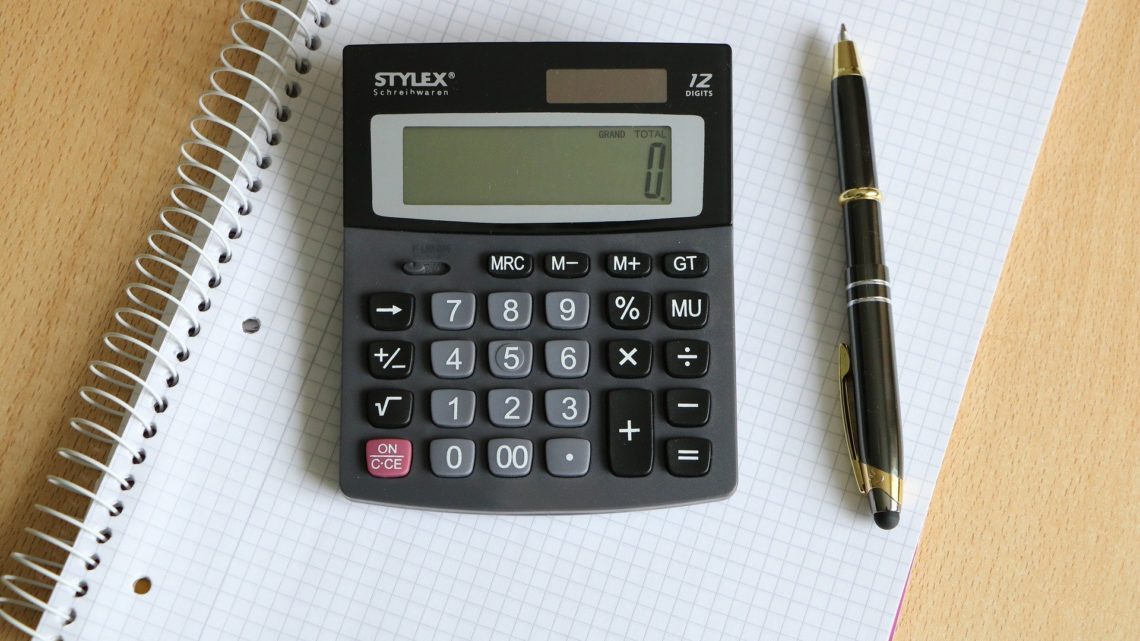After suffering from a personal injury, you may wonder how much you could receive in terms of a financial settlement. Medical bills, lost income, and property damage can be overwhelming costs that are difficult to manage on your own. While most personal injury cases vary in their settlement amounts (depending on a multitude of factors per case), it is possible to come up with a rough estimate of how much your payout may be worth.
How to Determine a Rough Estimate for Your Settlement
According to Lexington personal injury lawyer, Gary C. Johnson, most minor personal injury settlements range between $3,000 and $75,000, with major injuries reaching up to $1 million or more. But no two injury events are alike, so it is difficult to determine a settlement amount with great accuracy.
One method to come up with a rough estimate for your claim is to do what insurance companies typically do: multiply the amount of your medical bills by a number between one and five to calculate “pain and suffering”. The greater the injury, the higher the multiplier. Take your estimate with a grain of salt, however, because there are many more factors in addition to your medical bills that are taken into account.
What Affects the Payout Amount?
The type of injury you sustained, the severity of the injury, and insurance policy limits are just a few factors that are calculated when determining your settlement amount. Several other factors include:
- Shared fault: In most states, your settlement amount can be reduced according to your share of blame in an accident. States that follow “comparative negligence” allow the plaintiff to recover damages from the defendant minus his or her percentage of the responsibility. For example, if the plaintiff is found 25% responsible for their injury, they’ll only receive 75% of the payout.
- Interpleaders: When several people are injured in the same accident and there is not enough liability coverage to pay all of the bills, the insurance company will file an “interpleader“, asking the court to determine how to distribute the available money.
- Excessive medical billing: Insurance companies are only required to compensate you for reasonable medical expenses. Ordering repeated rests or questionable treatments may place you on the hook for the extra costs.
What Can I Do to Maximize My Settlement?
The best thing you can do to ensure you are entitled to all of your damages is to document each of your expenses. From property damage to medical bills, you will need to keep a record of everything you paid for or are quoted to pay. One of the most overlooked areas in which plaintiffs fail to document every expense are medical bills. Some easily overlooked medical expenses include:
- Ambulance or rescue squad fees
- CT scans, MRI tests, and X-Rays typically have a bill from the facility and a separate bill from the physician who determined the test results
- The costs of slings, crutches, and other medical equipment
Without proper documentation of your medical bills, your personal injury claim won’t go very far. Pain and suffering are also worthy to preserve in documentation. Mental anguish and emotional suffering are valid forms of injuries that can be calculated in your compensation. Using emotionally descriptive language to convey your distress can help your case, such as:
- Inability to sleep because of trauma
- Fear of losing your job while you could not work
- Sadness over missing special events with your family
- Embarrassment over needing help with personal hygiene
How Long Does It Take to Get a Settlement Check?
In most cases, injury victims receive their compensation within six weeks after an agreement is reached. However, it can be delayed if the insurance company drags their feet to cut a check or if your attorney delays in depositing your money into an escrow account. The best thing you can do is to check in with your lawyer every couple weeks after the settlement is reached. That way they can keep you updated on when you can expect to receive your personal injury settlement check.




No Comment